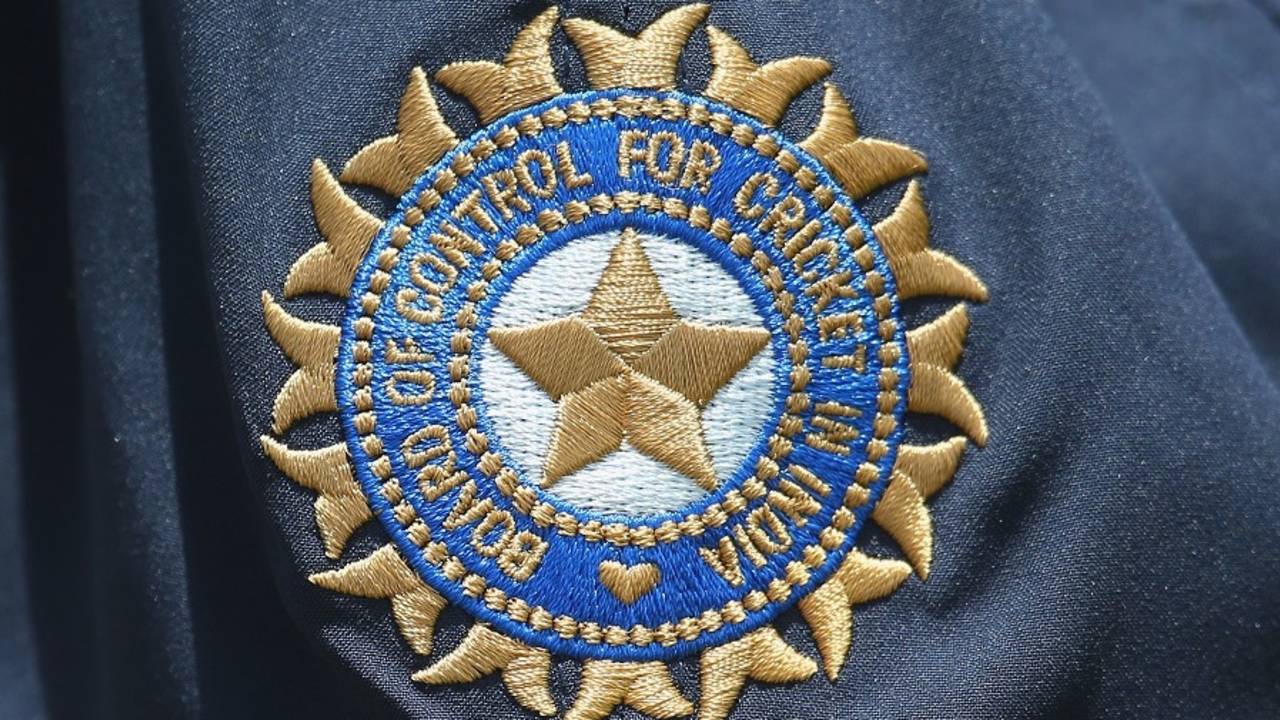Conflict of interest still key point on Lodha's agenda
The Lodha committee is expected to come down severely on the glaring loopholes and absence of any mechanism in the BCCI to deal with and remove the conflict of interest issues both within the board and the state associations
Nagraj Gollapudi
03-Jan-2016
Experts believe asking ex-players to take up honorary roles in the BCCI and have no other jobs in cricket could deter them from the former and further entrench existing powerful administrators who have no playing history • Cricket Australia
The Lodha committee is expected to come down severely on the glaring loopholes and absence of any mechanism in the BCCI to deal with and remove the conflict of interest issues both within the board and the state associations. The conflict of interest point is likely to be strongly highlighted when the committee unveils its recommendations on the governance of and structural reforms for the BCCI, a task delegated to the three-member panel by the Supreme Court last July.
In the interviews conducted by the panel with BCCI officials, it is understood that the first question posed by the chairman of the committee, RM Lodha, former chief justice of India, was on conflicts. In his interactions with a number of current and past BCCI officials, Lodha made it clear that conflict had to be eradicated completely if the BCCI wanted to bring in a professional structure.
In their defence, a number of representations were apparently made by senior BCCI officials to the panel expressing the inevitability of former cricketers needing to hold multiple positions to make a decent living after retirement. This was placed in the context of the existing BCCI structure, where many posts are honorary and part-time in nature. It was represented that while this is far from an inconvenience to those in politics or business, for retired cricketers their residual sources of income would naturally be from allegedly conflicting activities such as coaching, commentary and media work.
Any intention to stop the former cricketers from holding multiple roles, the panel was told, could perversely drive former cricketers out of leadership positions in the sport's administration. While sympathetic to these concerns, it is understood that the Lodha committee's desire is for cricket administration to move towards a culture and a structure where conflict of interest is not seen as a given or a fait accompli. The committee is likely to be of the view that reforms must be wholesome and, when combined with a BCCI structure with paid professionals in key posts, there ought to be no room or apology for conflict of interest.
Incidentally, the committee discussed all this with Shashank Manohar immediately after he was elected as the BCCI president in October. Since then the BCCI has announced a slew of measures that have pointed to a board that wants to be transparent and professional. Manohar issued a three-page directive to BCCI and state association members, employees along with players, coaches and selectors, listing out guidelines to avoid conflicts of interest. The BCCI also appointed an independent auditor in PriceWatherhouseCoopers to check the books of all the state associations to ascertain that the various subsidies that were granted by the board have been utilised appropriately.
However legal experts, who have knowledge of the workings of the BCCI, remain cynical. They feel in the absence of other reforms, this standalone conflict of interest policy is a "band-aid" measure and could further entrench existing powerful administrators who have no playing history. Experts believe that it would be incomplete to stop just at conflict issues, and that the Lodha Committee is likely to dig deeper and will also look at other forms of impropriety, whether these relate to favours, allocation of match-hosting rights, ticketing, tendering and contracting practices, etc. "As we have seen with FIFA, there is a broader ethics challenge that needs to be met head on when it comes to sports administration," one legal expert said.
Nagraj Gollapudi is an assistant editor at ESPNcricinfo
